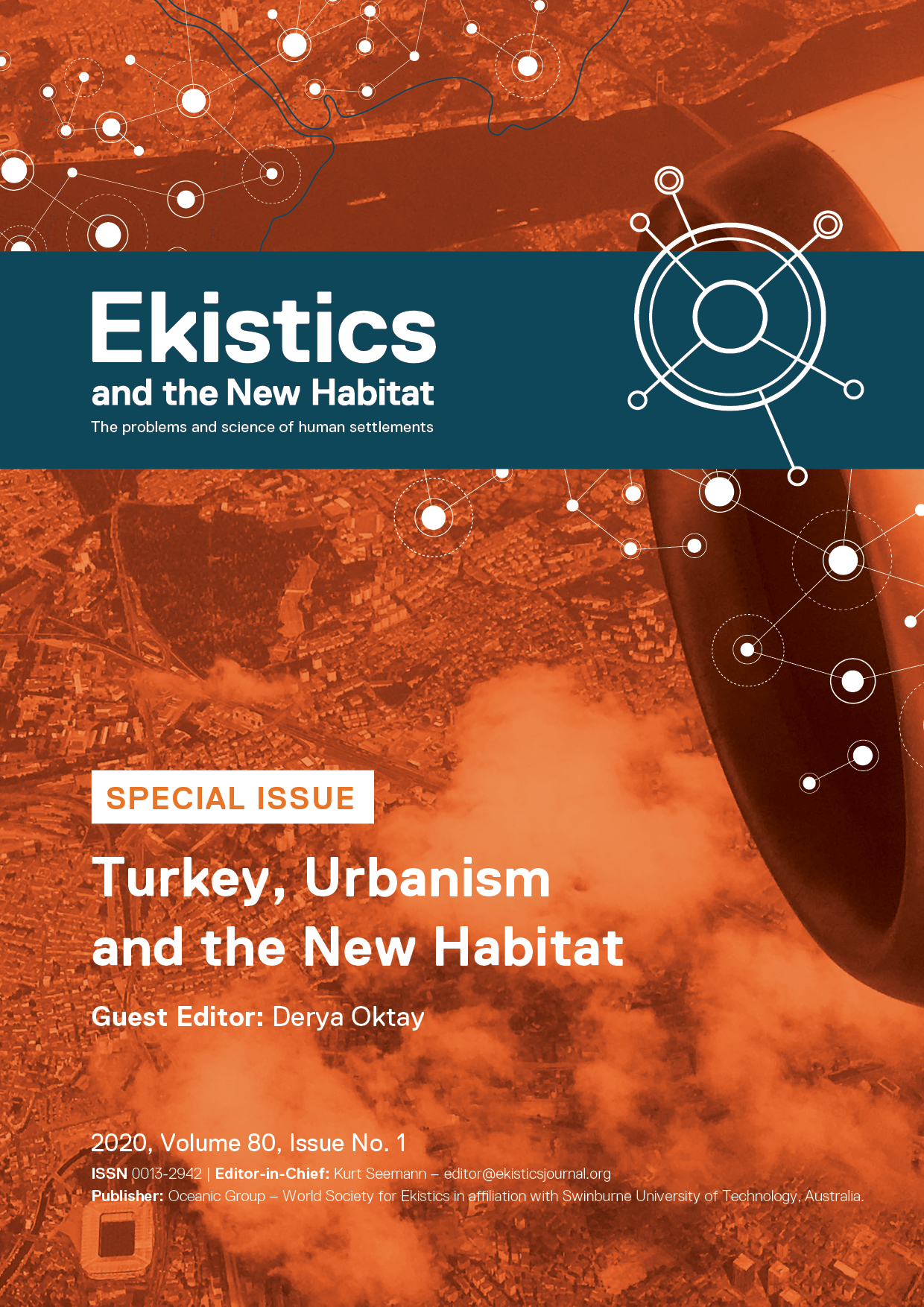Eco-villages as Sustainable Human Habitats
Challenges and Conflicts in Turkey
DOI:
https://doi.org/10.53910/26531313-E2020801423Keywords:
Sustainability, Eco-village, Ecology, Habitat, TurkeyAbstract
Faced with the effects of global warming, energy resource depletion, and other related social problems which have steadily worsened since the 1980’s, people around the world have sought to create more sustainable, resilient and ‘liveable’ communities. Two approaches have been developed: The first is reformist - developing piecemeal changes in response existing problems -; the second is utopian - creating new environments from scratch. Eco-villages are consciously developed as sustainable communities, and as such, are an example of the utopian approach.
This study evaluates the creation of two eco-villages in Turkey facing physical, social, economic, and sustainability issues. Our research starts by discussing two well-known eco-village initiatives, which enables us establish the key features of eco-village initiatives generally. We then analyse these key features in the context of two eco-villages selected in Turkey, using publicly available information from websites, observations from site visits, and details from personal interviews conducted with the founders of each settlement. Our findings, which relate to the physical, social, economic, and sustainable aspects of the eco- villages, are subsequently tabulated and compared with the original two eco-village initiatives discussed. In closing, several recommendations are made for the ongoing success of the initiatives in Turkey.
Downloads
Published
How to Cite
Issue
Section
Categories
License
Copyright (c) 2021 Ekistics and The New Habitat

This work is licensed under a Creative Commons Attribution-NonCommercial-NoDerivatives 4.0 International License.
Please contact the Editor-in-Chief: editor@ekisticsjournal.org, should you have any questions on copyright for your submission.
This research journal is for Educational and Knowledge development purposes.
All material published on this site complies with our copyright and terms as described by the Attribution-NonCommercial-NoDerivaties 4.0 International (CC BY-NC-ND 4.0)






